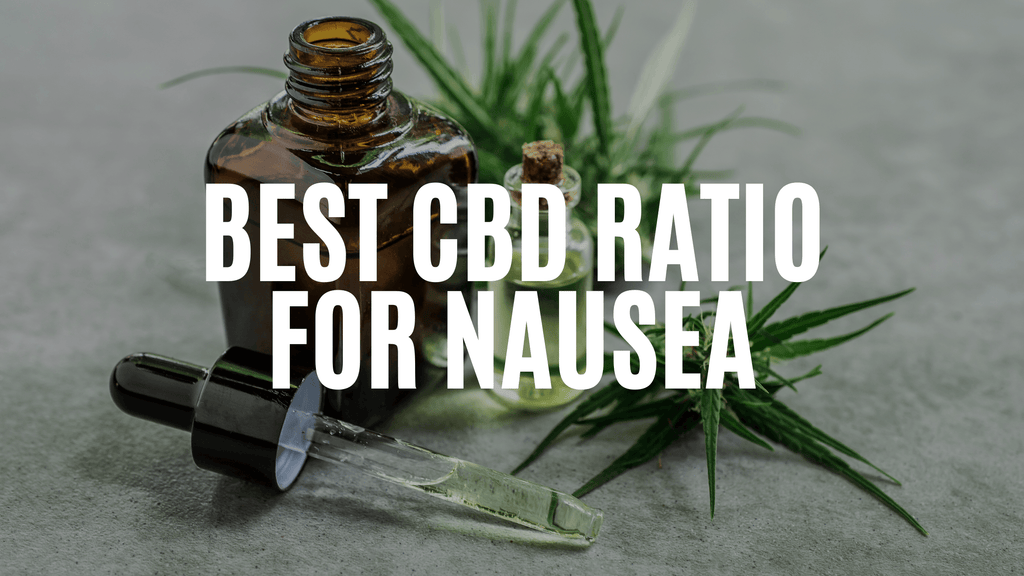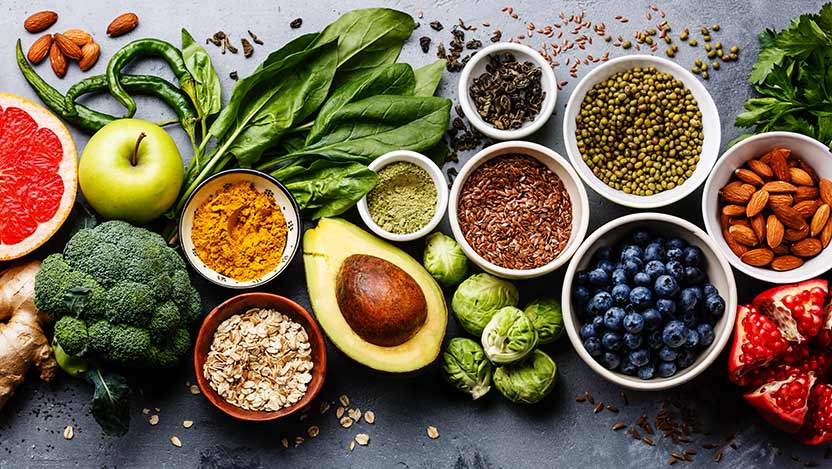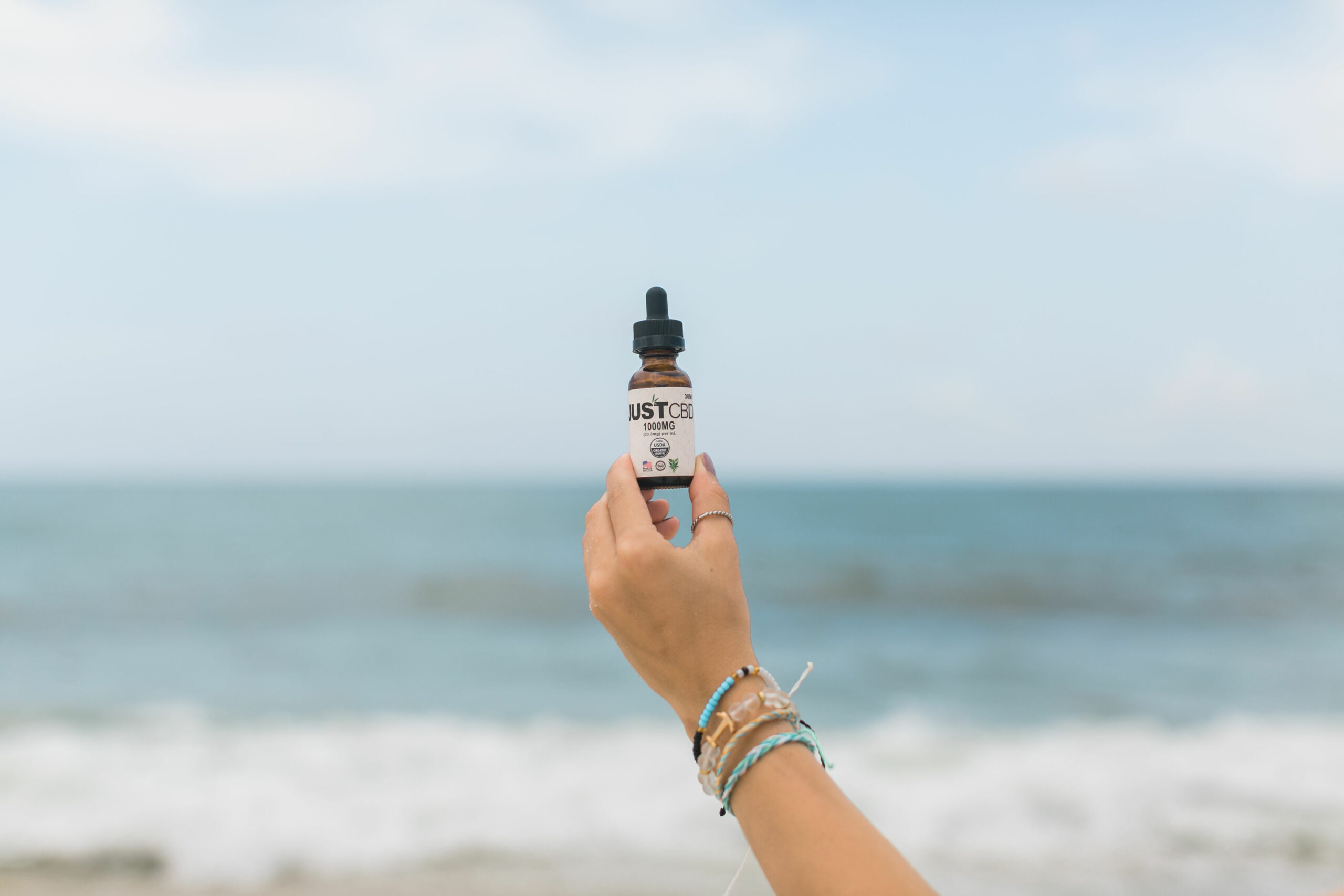
CBD oil can have many health benefits. Some people prefer CBD tinctures. It's possible to buy tinctures in a bottle and sublingually take them, but it's not always practical to have a vial with you. You can also find CBD gummies. These can be taken on-the-go, and they contain minimal sweeteners. These gummies do not contain any CBD. People who are concerned about their blood pressure might want to avoid the gummies and instead opt for natural CBD oils.
Cannabidiol
Cannabidiol, also known as CBD, is a chemical found in cannabis. It has many functions, including lowering blood pressure. High blood pressure is associated with many factors, including anxiety, stress, lack of sleep, and chronic fatigue. CBD has been found to decrease hypertension symptoms. It can also increase mental focus and decrease anxiety. High blood pressure can lead you to serious health issues such as stroke or heart failure.
Cannabidiol oil
Mixed results have been found in studies involving CBD oil and blood pressure. These findings suggest CBD may be effective for hypertension. But, further research is necessary in order to confirm it. CBD oil may also interact with certain medications. This article will address some of the potential side effects of CBD on your heart. CBD may decrease blood pressure. However it should not replace any medications.

CBD oil
The connection between CBD oil (and blood pressure) is something you should be concerned about. While this popular herbal remedy doesn’t need a prescription to use, it’s still best to consult your doctor before using it. CBD should be taken at a maximum of 5 mg per day if you haven't tried it before. Then, gradually increase your dose. If you're unsure what to expect, limit your intake to five mg per day.
CBD tinctures
A recent study suggests that CBD can help reduce blood pressure. It acts as a vasodilator which means it expands arteries. This reduces blood pressure in hypertension. This natural vasodilator increases blood flow by stimulating the body's CB-1 Cannabinoid receptors. It has been demonstrated to be effective in the treatment of hypertension.
Cannabidiol oil for high blood pressure
Cannabidiol, or CBD, is a type of hemp oil that has anti-anxiety and analgesic properties. It can also relax blood vessels and reduce stress. These are some of its benefits for high bloodpressure. There are many benefits to CBD oil for treating your condition, even though there aren't conclusive studies. You should consult a doctor before using CBD oil to treat high blood pressure.
CBD oil to reduce anxiety
Despite being a relatively new treatment for medical conditions, CBD has already shown effectiveness in many conditions such as insomnia, post-traumatic stress disorder, and social anxiety disorder. CBD may also affect high blood pressure. Cannabidiol, specifically, acts on the Endocannabinoid System, which allows cannabinoids send messages. Its actions regulate many vital body functions. The human body produces cannabinoids naturally, including CBD.

Cannabidiol as a treatment for anxiety
CBD (Cannabidiol), a form of cannabis, has been shown in studies to reduce psychological stress and improve cardiovascular health. Figure 2, which depicts individuals' responses to stress, best illustrates CBD's effect on blood pressure. Before stress, the blood pressure response was at a baseline. During stress, the blood pressure response peaks and then recovers. CBD treatment reduced the blood pressure response. It did not decrease blood pressure.
Cannabidiol to lower blood pressure
High blood pressure can be helped by CBD. It is an anti-inflammatory and reduces stress, and is known to have a variety of other benefits. CBD doesn't give you the sensation of being high, but it can alleviate anxiety and promote sleep. Some of its other properties include an increased sense of mental focus and clarity. CBD oil may be a good option for those with high blood pressure.
FAQ
Is CBD a good place to invest?
As more people are aware of the many benefits of hemp-based products and their market, it continues to grow. There could be $1B worth of hemp products on the shelves by 2022.
Market growth is expected at an annual rate in excess of 20% up to 2020, when it will reach $2.5Billion.
Hemp oil is already used in many beauty and health care products such as lotions, shampoos, lip balms, moisturizers, body butter, and skin creams.
There are many companies that produce CBD-infused foods, snacks, pet food and dog treats.
CBD is currently legally available in all 50 States. However, this could change soon. CBD is legal in all 50 states, but more research will be conducted to determine its potential uses. Businesses will have an easier time operating legally.
These are all factors that make CBD investments a viable venture.
Is there a CBD industry that is growing?
Yes, it is! This growth is expected to continue as legalization expands across North America. Canada has legalized recreational marijuana use in the past year, and several states have passed laws regarding medical marijuana.
This trend is expected to continue for at most another decade, as more states pass legislation that allows access to medical marijuana.
From an economic standpoint, legalizing marijuana is also sensible. Legalizing pot offers many benefits beyond providing a lucrative market alternative for farmers.
It could reduce crime rates, by decreasing illegal drug availability. It could also be a source for tax revenue.
As more people turn to legal weed, they may also choose to consume less alcohol. This would reduce the likelihood of having hangovers. It also means lower healthcare costs.
People with chronic pain may also find marijuana to improve their quality life. Many believe THC, the active component in marijuana, is responsible for relieving symptoms like muscle spasms or nausea that can be caused by chemotherapy.
The use of marijuana may be a useful tool in treating mental illness such as anxiety and depression. According to some studies, marijuana can be used to treat schizophrenia.
So, although the future looks bright for the CBD industry, we should not forget that there are still plenty of challenges facing us along the way.
How big is global CBD market size?
The global CBD market was valued at $US 3.5 billion in 2015, according to Euromonitor International. This is an increase of more than 10% compared to 2014.
The report predicts that this figure will grow by 12% annually to $US6.4 billion in 2020.
CBD products will make up around half of all products derived from hemp by 2020.
This includes both CBD oils and other CBD products such as food, beverages, cosmetics, and pet care items.
Statistics
- CBD seems unlikely to directly influence sleep in healthy humans [115] (and maybe “sleep-promoting” in those with certain comorbid conditions) (ncbi.nlm.nih.gov)
- however, one study also found that these effects were virtually abolished when the original media (a nutrient broth agar) was replaced with one containing 5% blood (increasing the minimum concentration to ~160 μM CBD) [179]. (ncbi.nlm.nih.gov)
- A recent study [161] also found that in vitro CBD treatment (i.e., ≤ 2 h exposure to 10 μM) induced ~40% vasorelaxation in isolated (pre-constricted) (ncbi.nlm.nih.gov)
- The use of these products is likely to become even more widespread if the World Health Organization's recommendation that CBD no longer is scheduled in the international drug control conventions is adopted by the United Nations member states [201]. (ncbi.nlm.nih.gov)
- A recent systematic review of human trials also reported that individuals with epilepsy receiving CBD (5–20 mg·kg−1·day−1) were more likely to experience decreased appetite than those receiving placebo (i.e., ~20 vs. 5% of patients) (ncbi.nlm.nih.gov)
External Links
How To
What are the main issues with the CBD industry.
The market for CBD products continues to grow at an amazing rate. However, there are still many challenges facing businesses looking to enter this space. These include a lack consumer awareness, high-cost entry, limited access capital and regulatory uncertainty.
Many consumers aren't aware of the benefits and limitations of CBD. This means that consumers are unable make informed decisions about purchasing CBD products.
As a result, most CBD companies rely heavily on word-of-mouth marketing. This is costly, as it requires advertising and the hiring of staff to promote their brand.
High production costs are another problem facing new entrants in the CBD industry. It is very expensive to obtain the raw materials required for CBD products. For example, hemp needs to be grown in specific climates and soil types before it can be processed into CBD oil.
It takes approximately $1,000 per acre to grow enough hemp to process into CBD oil. Many small farmers can't afford to begin.
Access to capital is another challenge for new entrants in the CBD market. Banks are often discouraged from helping people start businesses because of the stigma that surrounds the industry.
There is also regulatory uncertainty around the sale of CBD products. There are no established guidelines regarding the marketing of CBD products.
Although some states have passed legislation restricting CBD product sales, this has not become a national policy.
Only two states, Nevada and Maine, have yet to legalize recreational marijuana.
Massachusetts and Michigan, however, are exploring similar options.
These changes could lead to increased competition between CBD manufacturers.
These factors lead to many entrepreneurs choosing to work from their home instead of starting a physical company.